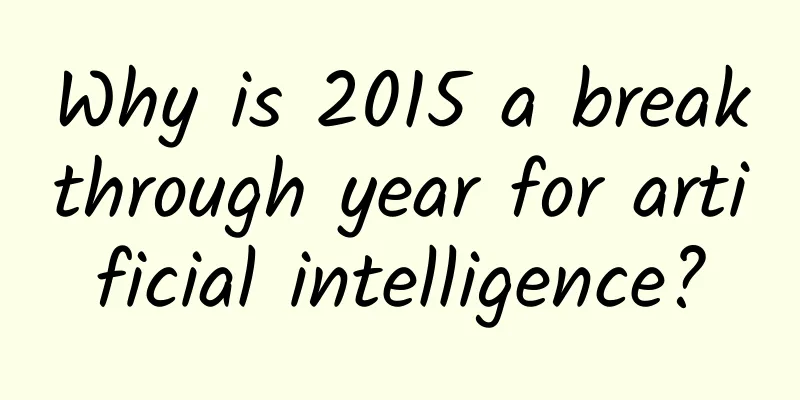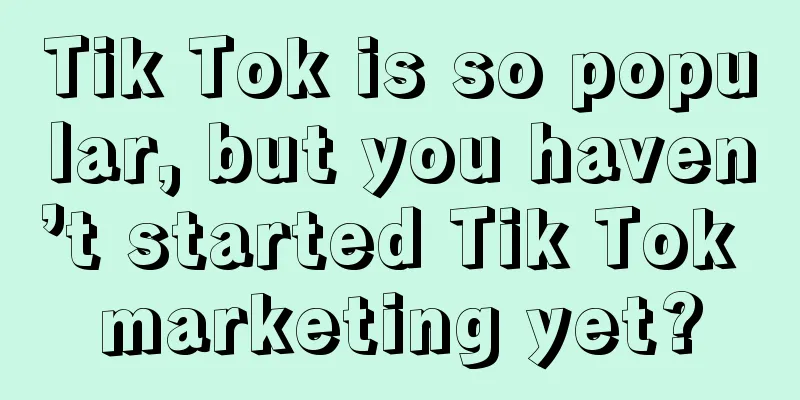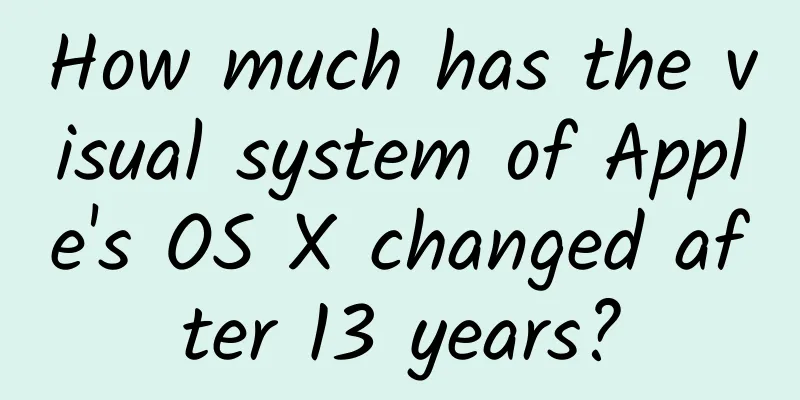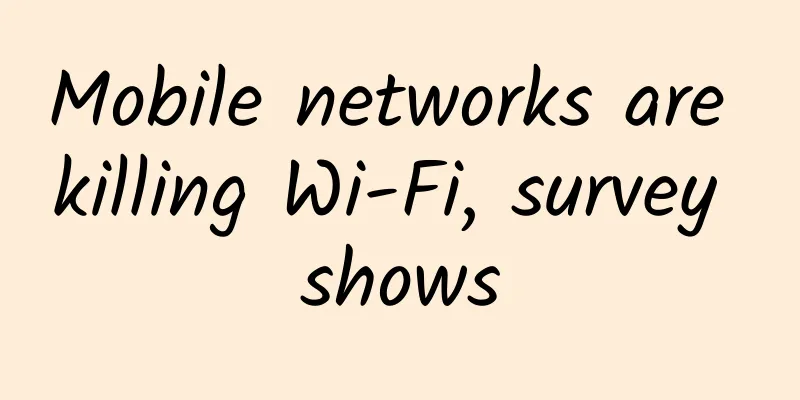Why is 2015 a breakthrough year for artificial intelligence?

|
Computers are "opening their eyes," says a senior Google researcher. After five years of quiet progress, 2015 marked a milestone for artificial intelligence (AI). Computers got smarter, and they learned at record speeds. Progress in AI is "accelerating," said Jeff Dean, a senior researcher at Google. To celebrate and plan for the coming year, Dean and many other top AI experts attended the Neural Information Processing Systems conference in Montreal this week. The conference began in 1987 and has become a must-attend annual conference for many Silicon Valley companies in recent years due to the explosive development of AI. In 2013, Facebook CEO Mark Zuckerberg chose NIPS to announce the establishment of an AI lab, and DeepMind, a world-renowned startup, also chose NIPS to demonstrate their AI that learned to play video games before being acquired by Google. This week, they'll have a lot to talk about. The biggest advances in AI this year can be attributed to a combination of factors. For one, the cloud computing infrastructure that can handle complex information is more powerful and affordable than ever before. There are also more abundant data sets, and free or cheap software tools available for researchers to use. Thanks to all this, an important learning technique, neural networks, has finally gone from being prohibitively expensive to relatively affordable. These advances have been quickly absorbed by the tech industry’s biggest players, including Google, Facebook, and Microsoft. Each runs its own AI lab, conducts important research in the field, and publishes papers that lay the foundation for academia. This year, Google researchers created an AI system that could learn and master the old Atari space dodge game without human guidance, a research that made the cover of Nature magazine. Facebook developed a way for computers to describe the contents of pictures to blind people. Microsoft showed off a new Skype system that automatically translates languages. IBM singled out AI as a field with the most potential for development. Startups are also taking a closer look at AI. Preferred Networks makes an AI system that can be integrated with industrial robots from Japan’s Fanuc Corp., while Indico Data Labs is working with Facebook researchers to teach a computer to draw faces using its own imagination. To see just how far computer intelligence has come this year, here are six charts that will give you a clear picture. 1. The computer opened its eyes Since deep learning systems emerged in 2012, error rates in a popular image-recognition challenge have dropped dramatically. 2. AI learns to recognize objects in pictures In recent years, computers have become increasingly capable of identifying specific objects in images, with increasingly lower error rates. Computers are getting better at identifying objects in photos. In 2012, a team of researchers at the University of Toronto won the world's largest image recognition competition. The entire team was later hired by Google, and their method was soon used by Google and its rivals. In 2015, AI systems based on this method (which relies on deep learning) became increasingly accurate. In tests, the error rate dropped to 5%, almost as good as human performance. 3. Artificial intelligence takes off at Google The number of Google software projects that use deep learning, a key AI technique. Many companies are embracing AI, but none are as advanced as Google, which went from using deep learning sporadically in 2012 to using it in thousands of projects in 2015. 4. Companies buy more data to build AI systems In 2012, tech startup CrowdFlower sold about 2 million columns of data for training AI systems. This year, it sold about 100 million columns. 5. Computers will be better at searching the web using AI Startup Diffbot uses AI to improve the accuracy of its data search tools. Startups are also very enthusiastic about using AI technology. CrowdFlower, a company that provides structured data to enterprises, said they expect the amount of data that can be used for AI research in business to explode. Another startup, DiffBot, is using AI to improve their automatic data retrieval tools. 6. Hal, play again. Over the past two years, Google researchers have been working on helping their AI system master an old Atari space dodge game, and their system has gotten really good at it. A major focus of AI research is teaching computers to think for themselves and be able to improvise solutions to everyday problems. One way to do this is to give them a simplified version of the real world, such as a simple environment presented in a video game, and then let them explore the environment and record the results. (From the table above, you can see how much progress Google's Atari project has made since 2013.) But the potential of AI goes far beyond playing games: similar software can be used to teach AI computers to help them quickly learn new things, such as medical diagnosis, environmental science, or improve personal recommendation systems. Google's Dean compares recent AI progress to biological evolution. "We're at a point that's very similar to a point in biological evolution where animals didn't have eyes before, and now they have eyes," he said. "This is going to change a lot of things. Computers didn't see very well before, and now they're starting to open their eyes." |
<<: If programmers don’t relieve stress, they will become mentally ill!
>>: Google's quantum computer runs 100 million times faster than traditional computers
Recommend
Using the growth model to review Himalaya FM’s product growth
I am a product dog. Curiosity drives me to consta...
Download the videos of Xiang Yimeng Feng Shui Class 16 lessons + Yixue Feng Shui Class 13 lessons from Baidu Cloud!
Download the videos of Xiang Yimeng Feng Shui Cla...
Optimization of Toutiao information flow advertising
Toutiao advertising optimization (taking games as...
The magical "Sarebo" and the noble "Jiusi Zheer"
In the middle of Lushan Scenic Area in Xichang, t...
Products and operations in the next five years
There is a question on Zhihu: As an Internet pers...
What? High heels are for men?!
This article was reviewed by Tao Ning, PhD, Assoc...
All 51 impoverished counties in Hunan Province have been lifted out of poverty! The number of poor people has been reduced by 4.563 million in 6 years
At a press conference held by the Hunan Provincia...
Finale! China Aerospace Science and Technology Corporation has a total of 54 launches throughout the year! Long March 3B successfully launched the Test Satellite No. 10 02
At 12:43 on December 29, the Long March 3B carrie...
App Fairness Alliance launches initiative to make iOS app distribution like Windows
The nonprofit Coalition for App Fairness wants to...
NASA will pay you a high salary if you stay in this house for a year
On July 6, 2024, in Houston, USA, four volunteers...
Counterpoint: Vietnam's 2G users will drop below 800,000 by October 2024
Vietnam's Ministry of Information and Communi...
What? Can water from the Qinghai-Tibet Plateau flow to the Tianchi Lake in Changbai Mountain?
Qinghai-Tibet Plateau The Qinghai-Tibet Plateau i...
Summarized 100 titles with over 100,000 views and discovered SCB’s ideas for creating titles!
New media people will never be excited after writ...
Data summary of new car-making forces in June 2022: NIO's new car delivery increased by 60.3% year-on-year
On July 1, NIO announced its June 2022 deliveries...









